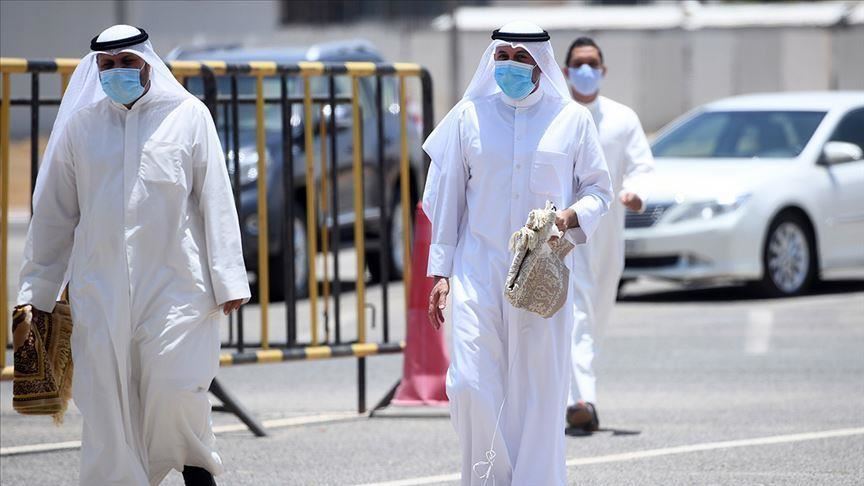Saudi Arabia intends to increase daily oil production capacity by more than one million barrels by early 2027, surpassing 13 million barrels, according to the kingdom’s energy minister.
“Most likely, it will be 13.2 to 13.4 (million barrels per day, bpd),” Prince Abdulaziz bin Salman said at a Bahrain energy conference.
He stated that production would be maintained at such level “if the market lets it.”
Saudi Aramco said in March 2020 that the energy ministry had directed it to boost its maximum sustainable capacity from 12 million to 13 million barrels per day.
The new aim had no set deadline at the time.
The statement came just one day after Saudi energy company Aramco reported an 82 percent increase in first-quarter profits, boosted by a global rise in oil prices caused by the Ukraine conflict.
These results helped Aramco dethrone Apple as the most valuable business in the world by market capitalization last week.
They added to a streak of good economic news for Saudi Arabia, which reported in early May that first-quarter growth was 9.6% higher than the same period in 2021.
Despite this, Aramco has suffered security issues as a result of the war pitting a Saudi-led military coalition against Huthi rebels in Yemen, who have regularly targeted the country, including Aramco facilities.
[embedpost slug=”saudi-arabia-april-consumer-price-index-up-2-3-govt-data/”]
‘They still have faith in oil.’
Saudi Arabia, the world’s largest oil exporter, has rejected US pressure to increase output in an effort to cool rising prices since the Ukraine conflict began on February 24.
Saudi Arabia and the United Arab Emirates emphasised their loyalty to the OPEC+ oil alliance, which Riyadh and Moscow lead, as the conflict began, reflecting Riyadh’s and Abu Dhabi’s growing independence from long-time friend Washington.
Saudi Arabia committed to attain net zero carbon emissions by 2060 ahead of the COP26 climate-change summit last year, sparking scepticism from environmental campaign group Greenpeace.
Experts warn of the urgent need to cut fossil fuel use as the worldwide need to control global warming grows.
However, Saudi officials’ stated goals show that “they still believe in oil as a source of energy for the next decade,” according to Mazen Alsudairi, head of research at Al Rajhi Capital, a Riyadh-based financial services firm.
“By decreasing hydrocarbon exposure, they are not following the worldwide trend.”
Iraqi Oil Minister Ihsan Abdul-Jabbar Ismail said his country was increasing its production capacity objectives, aiming for six million barrels per day in 2027 and eight million in 2029.
Iraq’s daily output is at just about 3.5 million.
In March, Iraq recorded $11 billion in oil profits, the biggest in half a century.




















